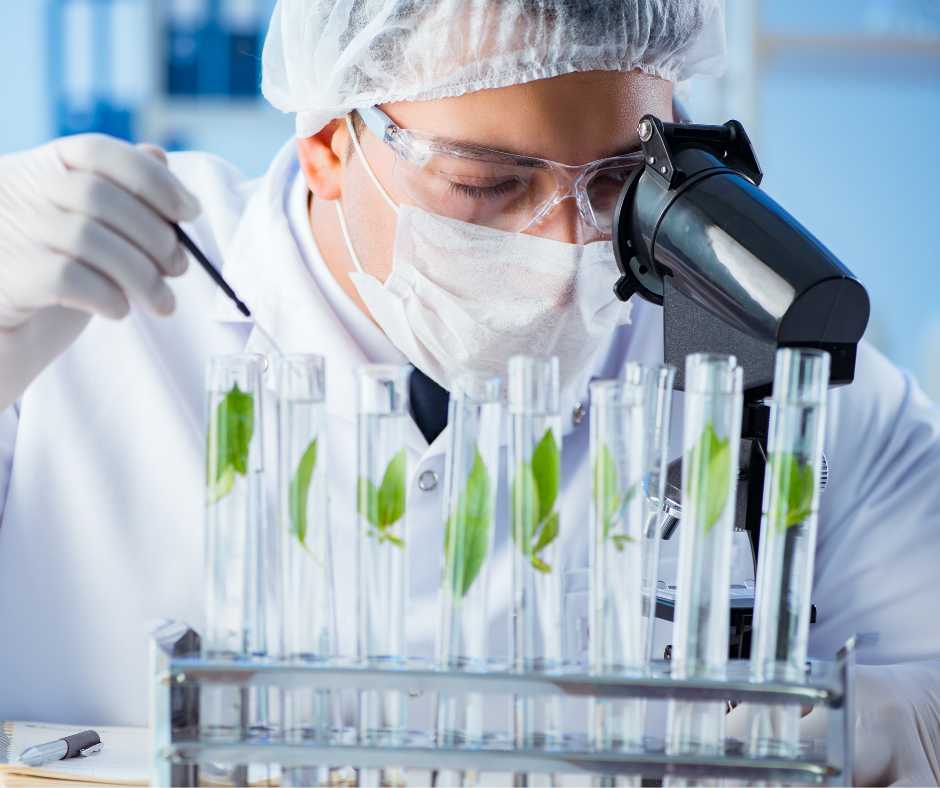The first project, DARWIN, is led by NORCE (Norwegian Research Centre) and has received funding of €5m. ENGA member, the German Association for Food without Genetic Engineering, VLOG - with an evident interest in avoiding NGTs in feed and food products - is also involved. The second project, DETECTIVE, is led by the Swedish University of Agricultural Sciences (SLU) and has received funding of almost €6.5m. Euroseeds - one of the most vocal groups in favour of a full deregulation of NGTs, including abolition of labeling and traceability - is involved.
The DARWIN project brings together scientists from various institutions across Europe and from Israel and Argentine, with the objective “to develop detection methods for plant-based NGT products”. According to a recent press release from the project team: “With the planned new methods it will not only be possible to detect known DNA sequences (specific detection), but also to identify the method used to create the DNA changes (non-specific detection). In addition, digital solutions for traceability are to be developed as part of DARWIN.”
According to its project description, the DETECTIVE project seems to be more ambiguous when it comes to what it hopes to achieve, “While technical detection may be limited, DETECTIVE will also look into non-technical approaches to traceability and authenticity to develop comprehensive solutions (…) to a wide range of NGT products.”
This funding boost for detection methods of New GMOs – whilst certainly a positive development – seems somewhat ironic, given the European Commission's long-standing argument (following industry's narrative) that New GMOs are indistinguishable from conventional plants. Alexander Hissting, managing director of VLOG commented in a recent article for Feed Navigator: “Repeatedly stakeholders argue that distinguishing between genetic changes induced by mutations and interventions using new genetic engineering methods is not feasible. This argument is frequently used to advocate for deregulating products of new genetic engineering, treating them legally as products of conventional breeding. DARWIN offers hope that, within a few years, detection methods will be available to accurately identify products of new genetic engineering. It is a good thing that the EU is finally getting this important research off the ground.”
ENGA welcomes these new research projects and will be following their progress closely, in the hope that they lead to results on the ability of analytical detection methods of New GMOs and that detection methods are then made publicly available. Transparency, traceability and detection of New GMOs are vital so that those that wish to produce and eat food without GMOs may be able to continue to do so.
Resources:
- GM Watch: https://gmwatch.org/en/106-news/latest-news/20383
- Feed Navigator: https://www.feednavigator.com/Article/2024/03/27/EU-project-to-advance-detection-methods-for-NGT-products
- DARWIN project: https://darwin-ngt.eu
- DETECTIVE project: https://cordis.europa.eu/project/id/101137025
